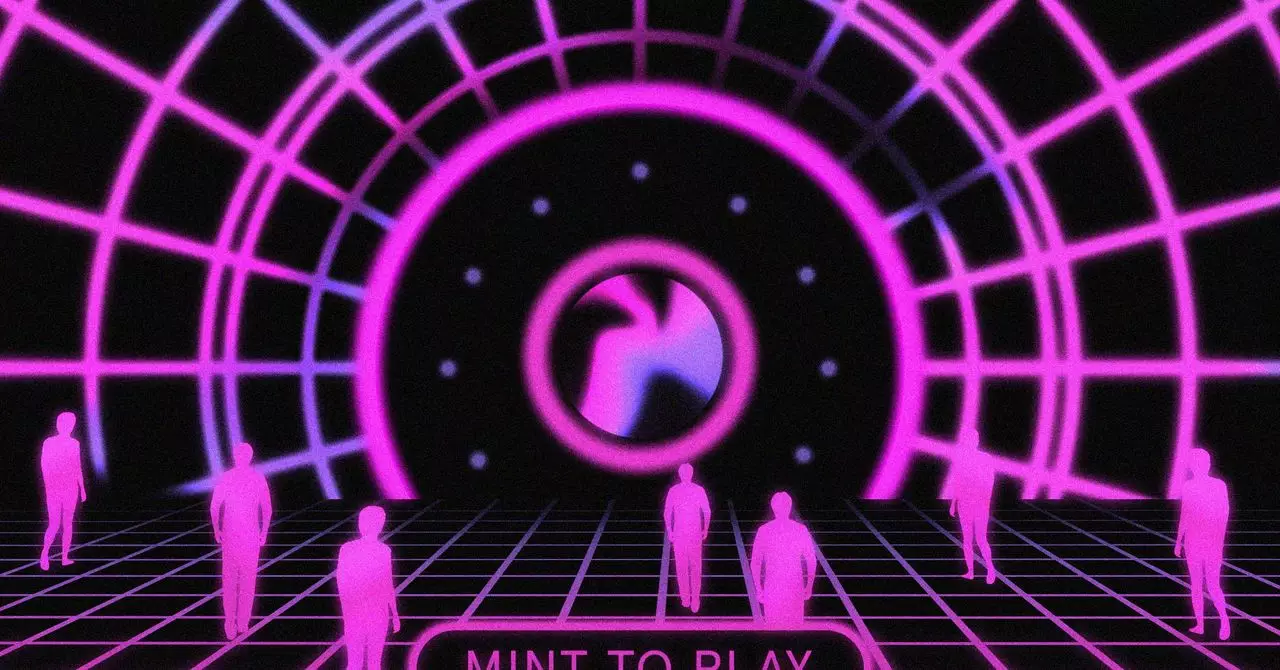Stepping into the chaotic and competitive world of social games is akin to tossing oneself into a frenzied ocean; the waters are unpredictable, and only those who can navigate the currents will survive. As I prepared for my experience in the Gold Tribe, I was acutely aware of the anxiety that comes with participating in such group dynamics. Conversations with seasoned players provided critical insights that would ultimately shape my approach. The underlying theme of their advice was the importance of maintaining a low profile, allowing one to avoid both scrutiny and elimination. The delicate balance between visibility and invisibility became my guiding principle, for it’s understood that in these high-stakes environments, both the assertive and the inept face dire consequences.
As I joined roughly 70 other players on that fateful March day, I entered an atmosphere charged with tension and strategy. Almost immediately, distinct personalities began to emerge, carving out their roles within the tribe. There were the natural leaders who stepped forward, the data enthusiasts hunched over their digital platforms, and the more reserved members who lingered at the edges, fearful of drawing attention. The early dynamics were fascinating yet paralyzing; I found myself overwhelmed and reticent, reluctant to expose my true intentions or skills.
Strategies and Schemes
With an initial sense of cautious observation, I silently monitored interactions while covertly documenting my thoughts on tribe members. The act of note-taking became a therapeutic outlet for my apprehensions. After all, understanding the group meant safeguarding my own position; this was a lesson ingrained through the back-and-forth conversations of past players. Every small gesture, every comment—these were all potential data points to track.
Phelps’ wisdom resonated deeply: “Being invisible is a super strength.” I internalized this as I cautiously navigated through the first few sessions, contributing sporadically but never overexerting myself. Each time the group interacted, I reminded myself that my aim was to stay on the fringes while still making sufficient contributions to avoid being labeled as a ‘deadweight.’
The first significant challenge emerged swiftly, requiring all players to play a pinball game and achieve the highest score—a twist that tested both skills and endurance. Observing the shift in tribe morale, I noted how both excitement and frustration mingled in the chat. One player compared it to a scene from the series “Severance,” and laughter temporarily bridged the competitive gap.
However, it was only a brief respite from the underlying tensions as we soon shifted from playful banter to the inevitable question: who would be the first to face potential elimination.
The Vote: A Critical Moment
The proposed strategy of abstaining from voting, introduced by fellow player Luke Cannon, was ambitious yet risky. This lofty ideal carried with it the weight of collective responsibility. While their intentions might have spearheaded an innovative approach, it quickly spiraled into chaos—reflective of the essence of human interactions when pressure mounts. Trust eroded as fingers were pointed, and alliances hung by a thread. The absurdity of our situation transcended the game; it illuminated the primal nature of survival instincts manifesting in an artificial setting.
As initial votes were cast, the atmosphere thickened with paranoia. Conversations shifted from collaboration to suspicion, encapsulating the neurotic thrill indigenous to social games. It struck me how easily empathy disintegrated, leaving only the harsh reality of competition. The anxiety escalated as alliances, previously formed on friendly banter, crumbled in the face of uncertainty. In a matter of minutes, the game morphed from a collaborative effort to one dominated by self-preservation and frantic maneuvering.
In this intricate web of competition and strategy, I found myself grappling with the complexity of human relationships. Winning was not solely derived from outperforming others; it involved navigating a landscape riddled with emotional highs and lows, personal insights, and moral dilemmas. As the vote approached its climax, I recognized the surreal dichotomy at play—the stagnation rendered by indecision woven with the stark urgency to act. Would my careful calculations ultimately pay off? Or would I become yet another casualty in this exotic pursuit of survival? Only time would tell.

